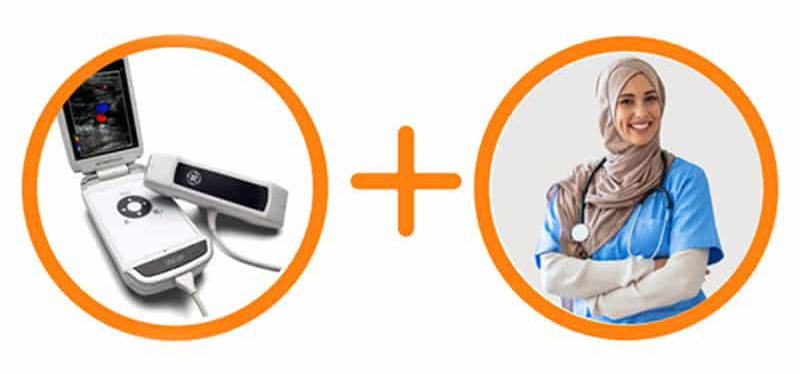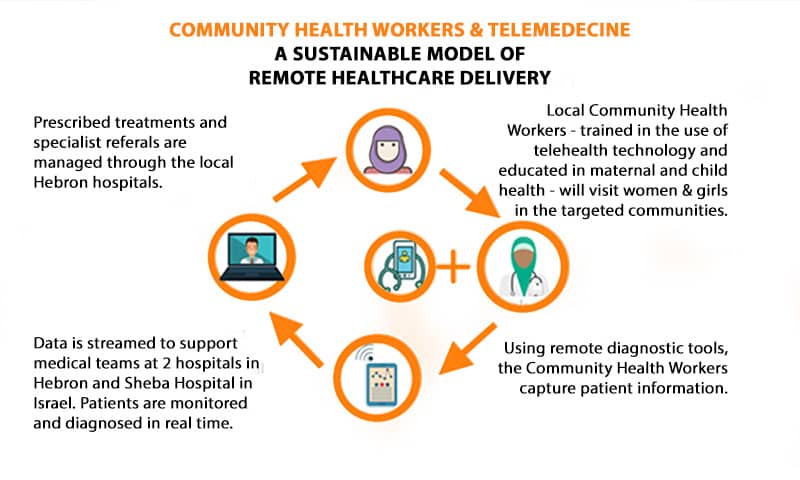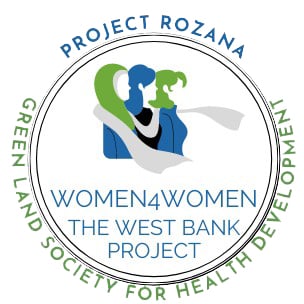
The Women’s Health Initiative creates a cross-border ecosystem that strengthens engagement between Palestinians and Israelis and empowers local communities through leveraging innovative health technologies addressing healthcare gaps for women and girls in the West Bank.
Beginning with a pilot program in early 2022, our Women’s Health initiative will target three communities in the Hebron region representing the spectrum of remote community challenges – a Bedouin community, a refugee camp, and a remote village cluster, whose women and children will receive health services.
We have established teams of Palestinian women Community Health Workers (CHW) who are a trusted community member, nurse, physiotherapist, and social worker. They have diverse skill sets that can address women’s physical, mental, and social wellbeing (health as defined by the WHO) who will establish virtual clinics in the three communities and deliver a holistic range of health services and education to women and girls.
At the same time, medical professionals from Palestinian Hospitals are supporting the CHWs in the delivery of healthcare to the women and girls in the remote communities.
Concurrently, Sheba Medical Center and its pioneering Women’s Health Innovation Center, are training the Palestinian medical teams in the use of cutting-edge mobile diagnostic and monitoring technologies and in pertinent women’s healthcare on an ongoing basis and provide bi-monthly clinical supervision and services where needed.
Sheba, together with members of Project Rozana Israel (Dr. Fuad Alsana – senior pediatrician in Bedouin communities, Dr. Anwar Saab, senior family practitioner specializing in diabetes, Sanaa Zayadna, family psychotherapist) will deliver a monthly lecture series in different women’s health fields for the duration of the project.
The 12-month pilot project will test the efficacy of the health delivery model. If successful, it will create a blueprint for sustainable healthcare delivery for women and children and will be rolled out to a further nine remote West Bank communities from 2023-2025.
We aim to optimize and expand the pilot to many more communities in 2023-24.
This project empowers the poorest and most vulnerable women in remote communities in the West Bank by removing financial, geographical, cultural, and political barriers to timely healthcare. The CHWs will provide a holistic range of services that address women’s physical, mental, and social wellbeing. These include primary, maternal and sexual and reproductive healthcare, nutritional guidance, mental healthcare and advice on caring for children with disabilities. These are the pillars of ‘good health’ as defined by WHO.
The diverse communities, spectrum of women and women’s issues, and the utilization of technologies will enable the pilot to produce rich cross-sectional data that will be used to inform and refine the project’s healthcare delivery model. They will be offered to policy makers and international organizations to improve overall health in the region.

